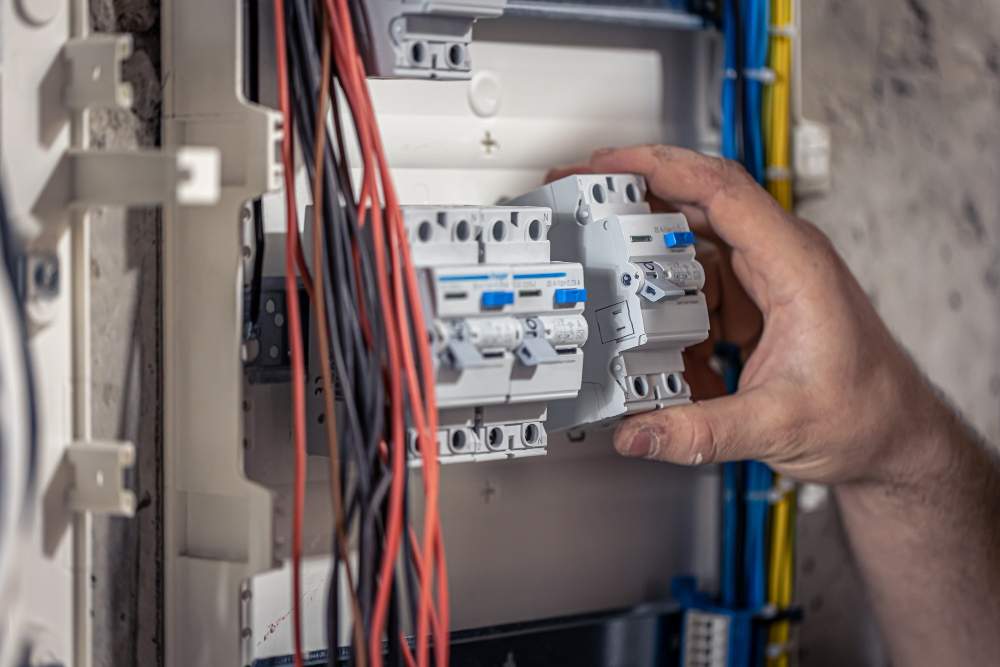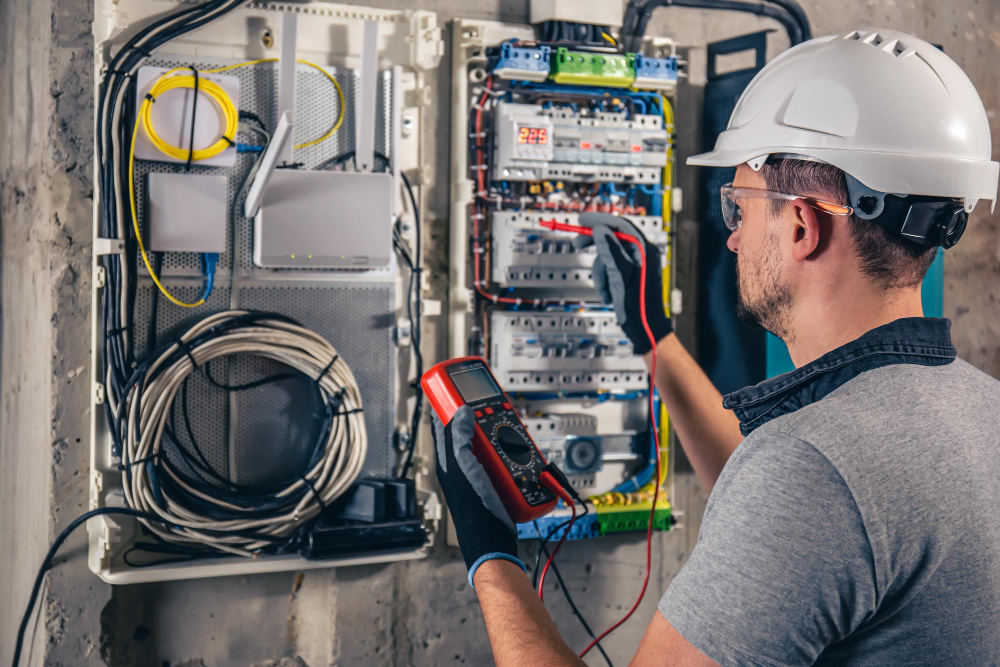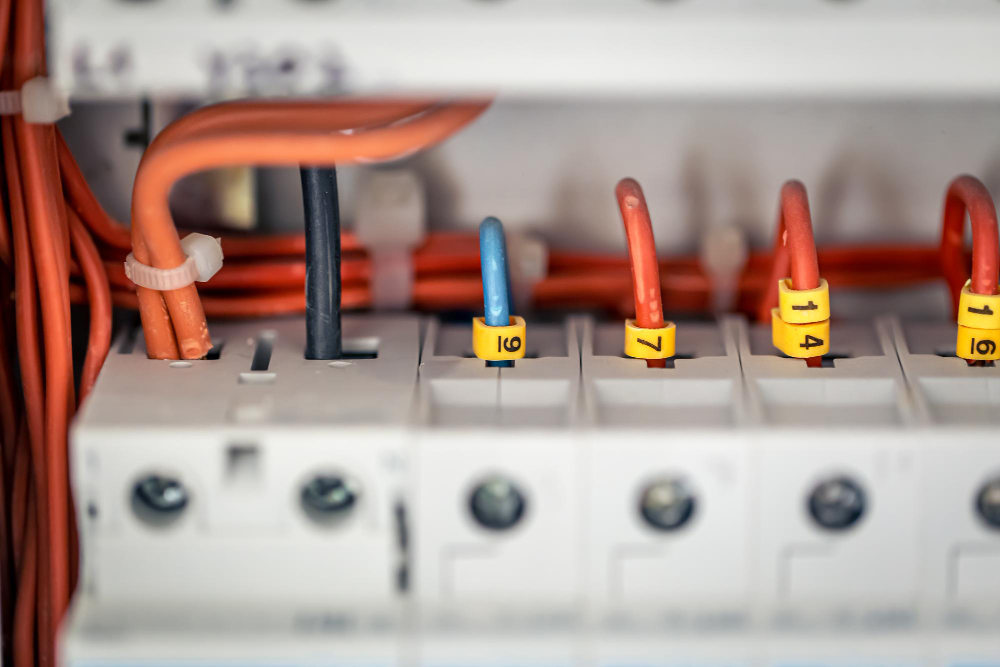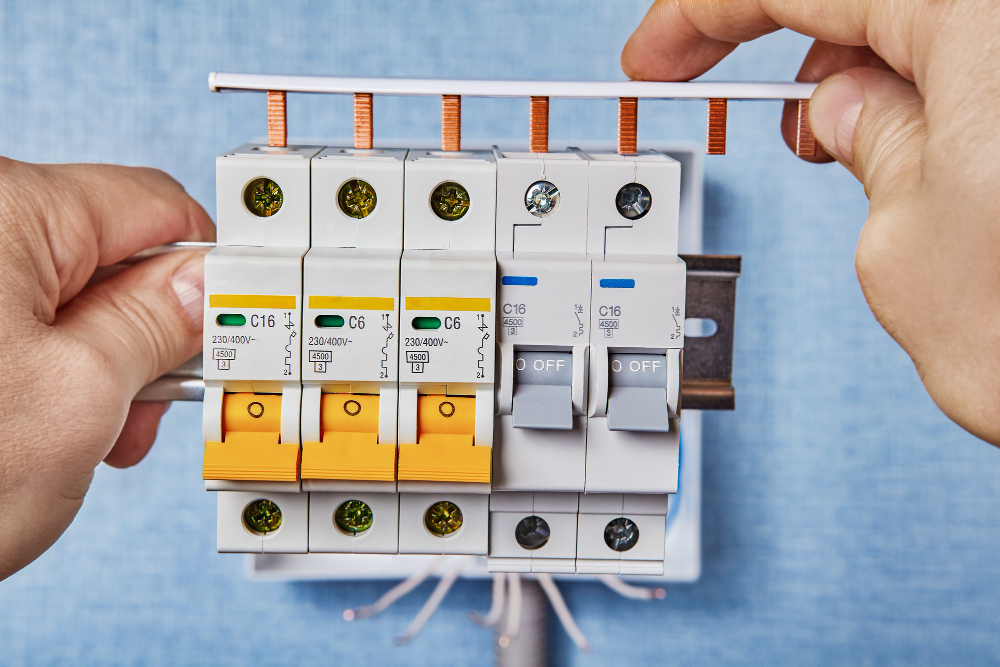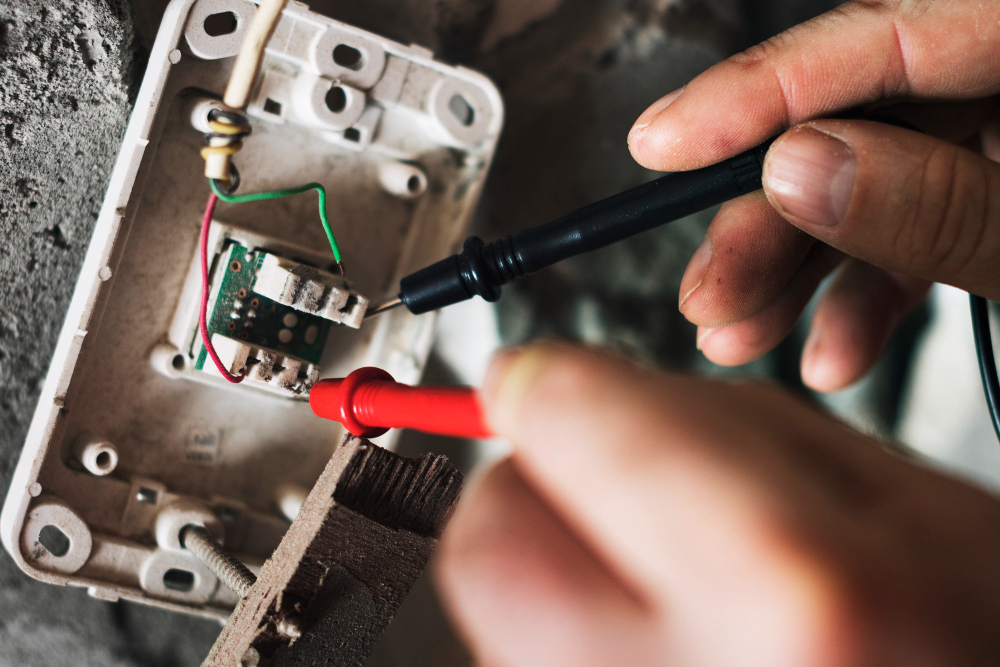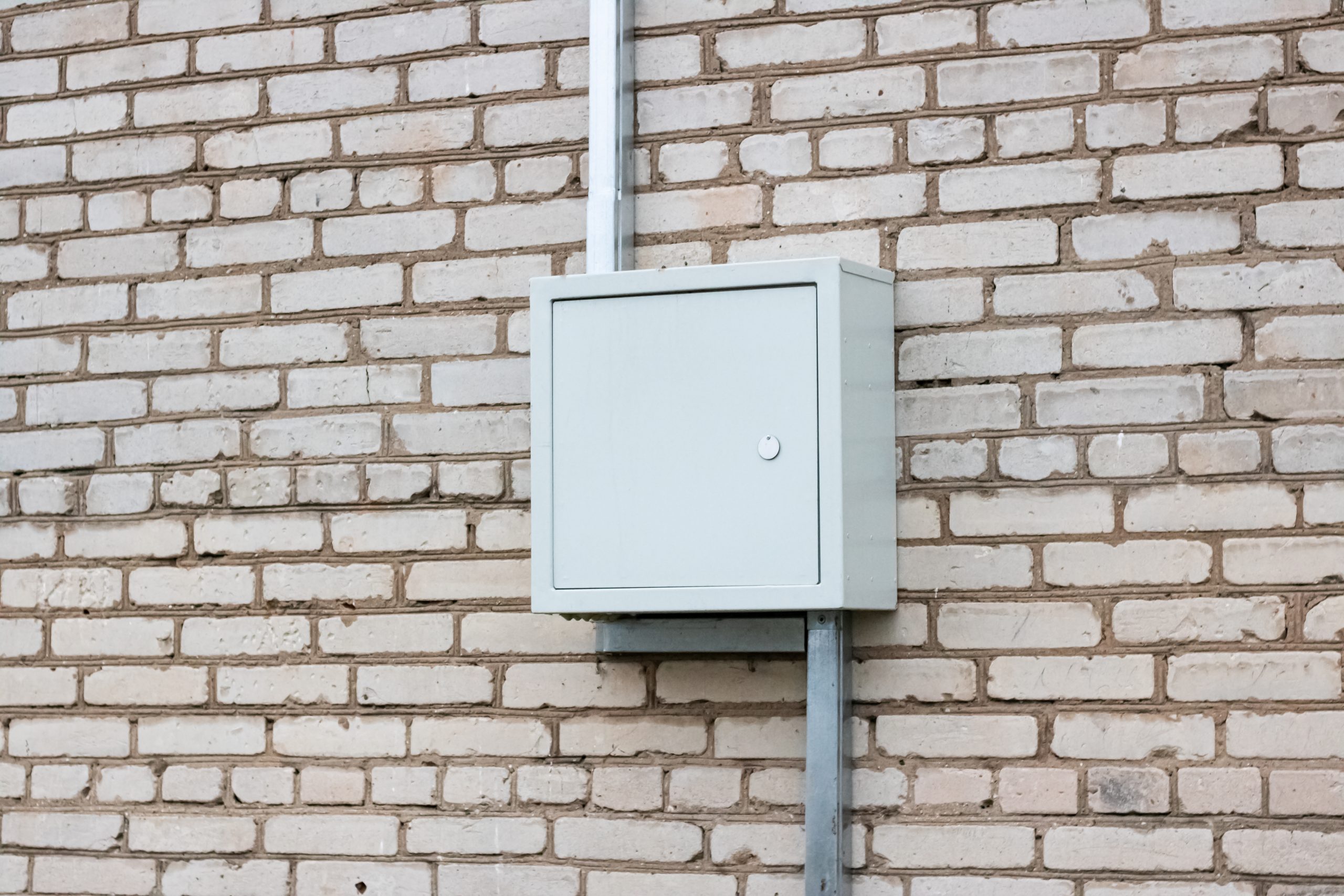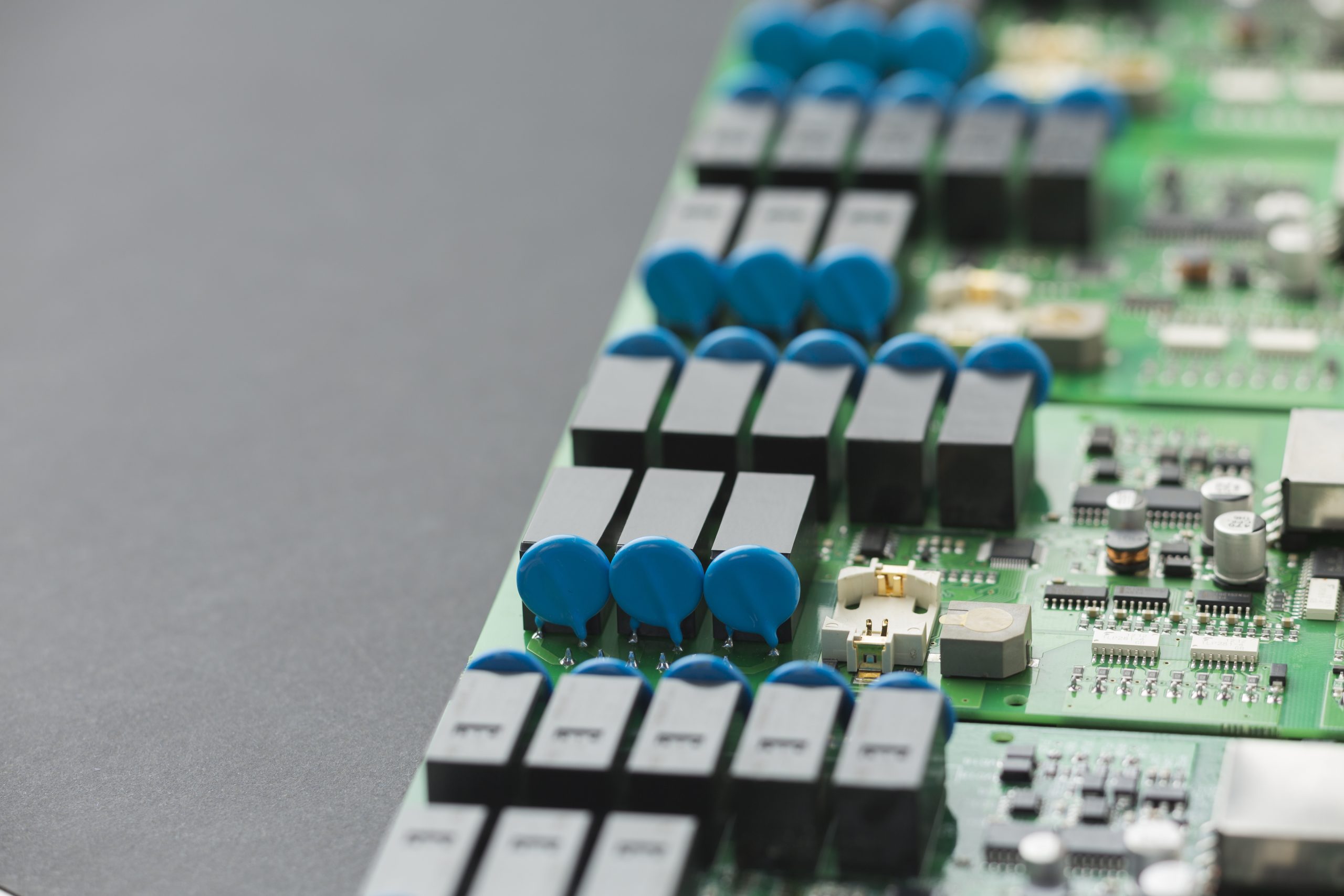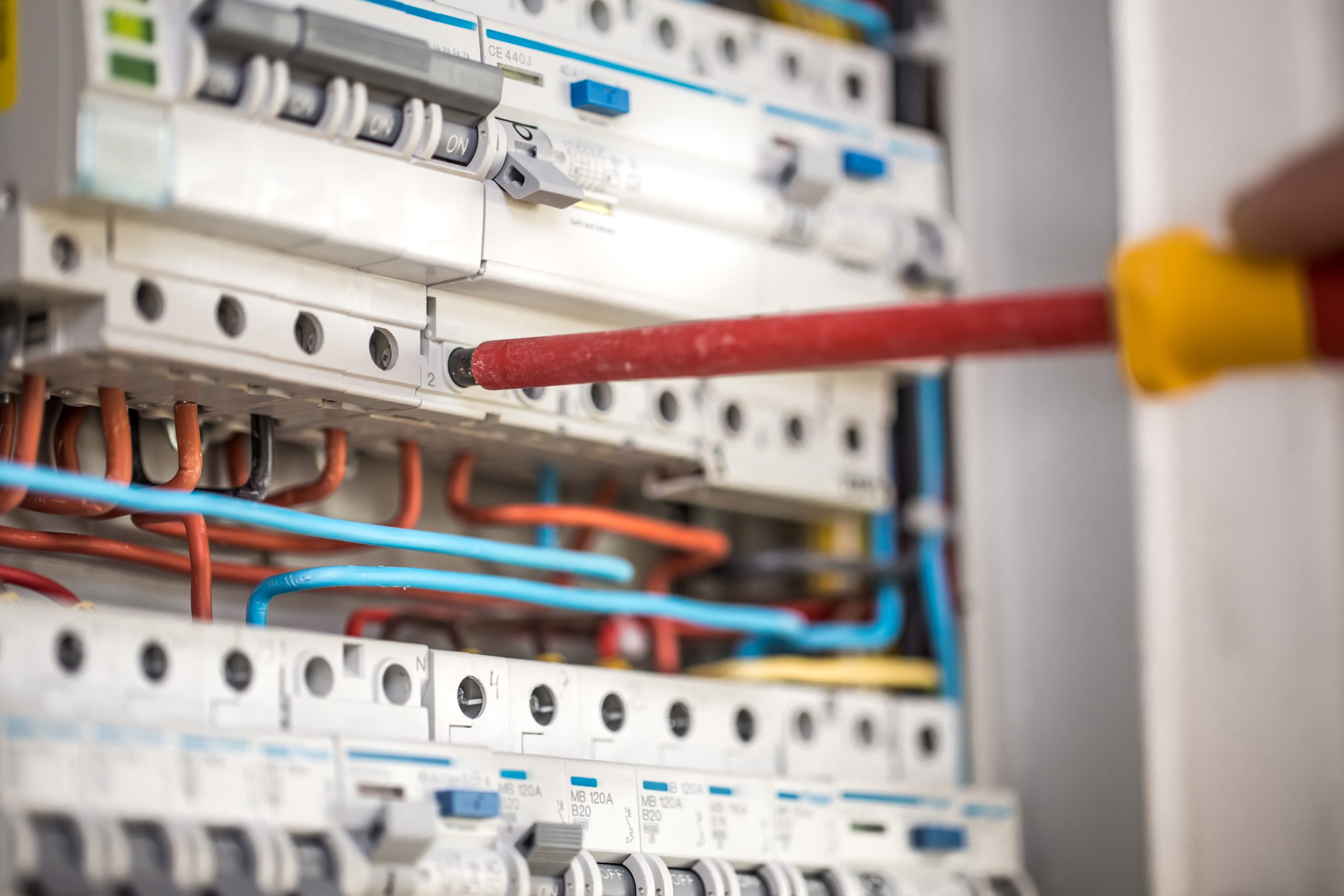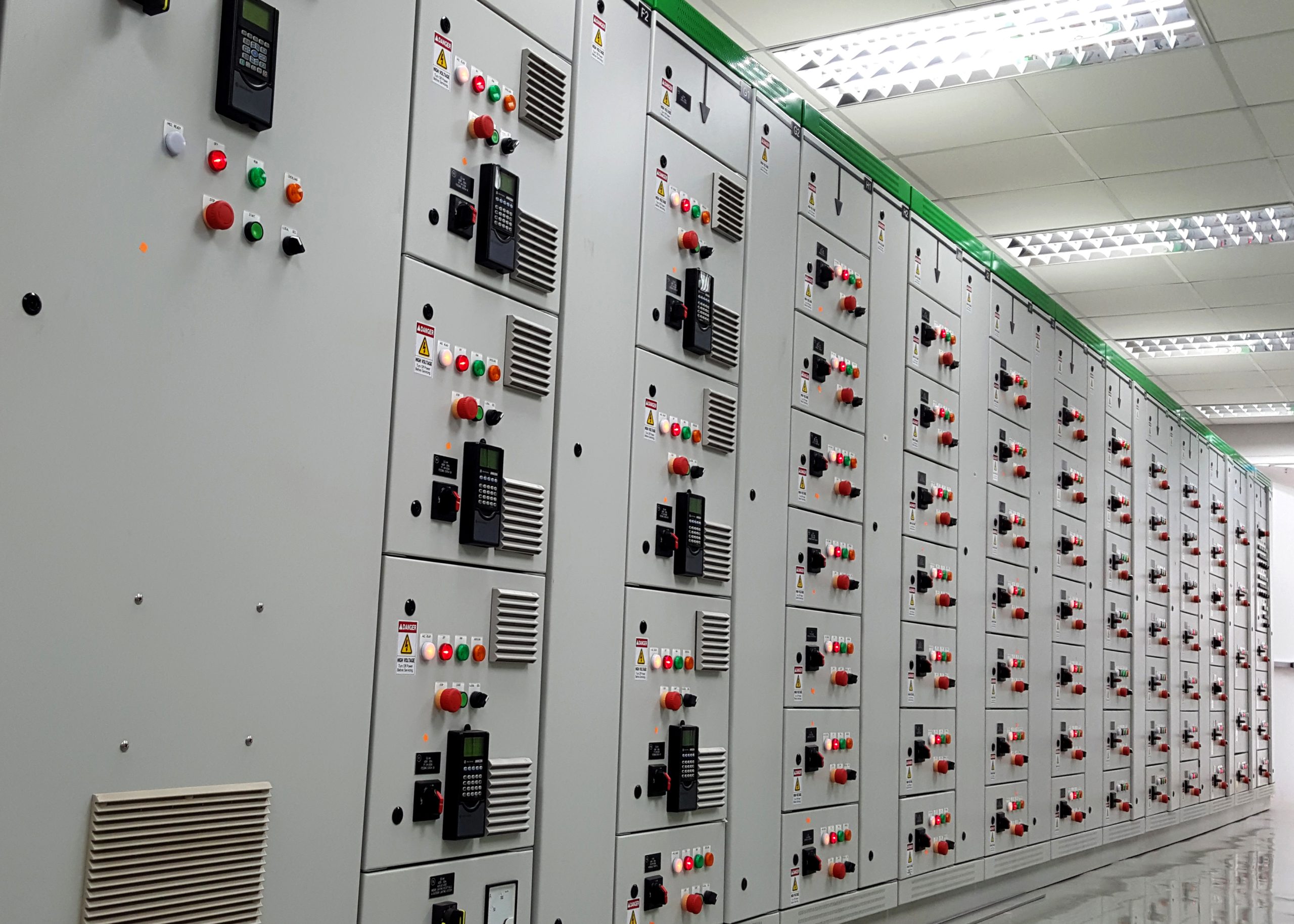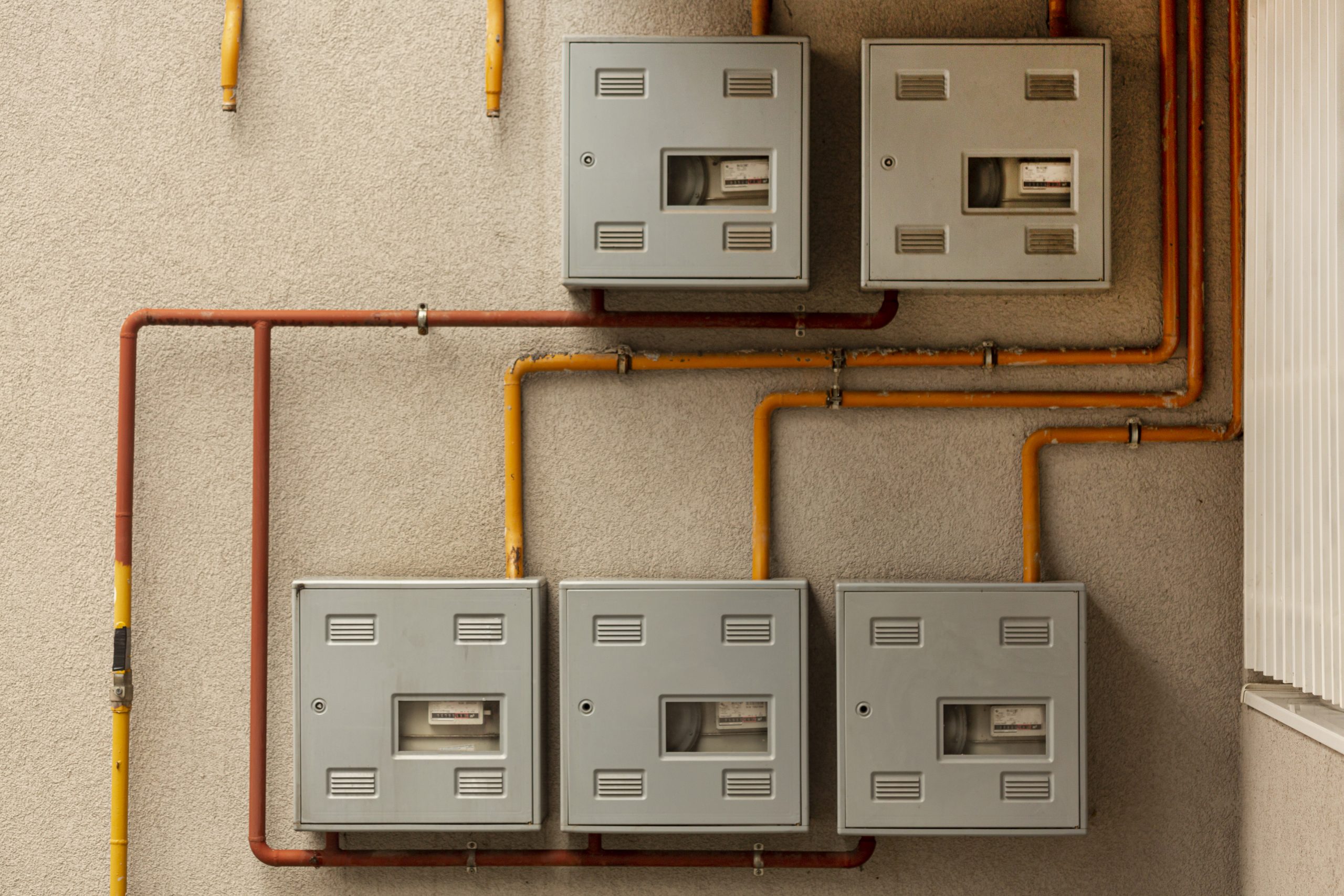Everything You Need to Know About Intelligent Circuit Breaker
30th May 2023
Explore the world of intelligent circuit breakers, also known as smart circuit breakers or digital circuit breakers. Learn how they combine traditional functionality with advanced digital features, offering enhanced safety, control, and diagnostics. Discover the various types of intelligent circuit breakers, including programmable and communication-enabled options. Uncover their functions, such as overcurrent protection, fault monitoring, and remote control capabilities. Find out how intelligent circuit breakers are revolutionizing electrical systems in residential complexes, industrial spaces, and smart grids. Trust TOSUNlux, a reputable manufacturer, for top-quality intelligent circuit breakers that ensure optimal performance and electrical safety.
Read More : +86-139 0587 7291
: +86-139 0587 7291 English
English Español
Español Русский
Русский Français
Français العربية
العربية Português do Brasil
Português do Brasil Українська
Українська Türkçe
Türkçe Polski
Polski Nederlands
Nederlands Italiano
Italiano Bahasa Indonesia
Bahasa Indonesia हिन्दी
हिन्दी اردو
اردو አማርኛ
አማርኛ Հայերեն
Հայերեն ไทย
ไทย Монгол
Монгол فارسی
فارسی Shqip
Shqip Ελληνικά
Ελληνικά
